
Article
What’s Next for CRISPR Babies?
Following last year’s bombshell revelation, investigations mount and debates swirl about the future for gene-edited humans. Here are the four most pressing questions.
Nature,
2019
Recommendation
The idea of a lone scientist gone rogue has long been part of the public imagination. Chinese biophysicist He Jiankui may qualify as such, having likely created the world’s first gene-edited babies. David Cyranoski discusses the fallout and potential global consequences of He’s experiment. In this Nature article, Cyranoski provides a useful overview that scientists and anyone interested in the ethical issues gene-editing raises will find thought-provoking.
Summary
About the Author
David Cyranoski is a science writer based in Shanghai.








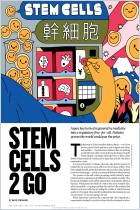
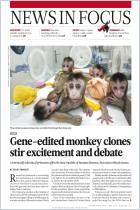
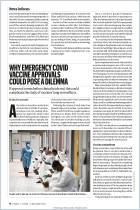
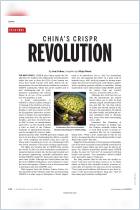
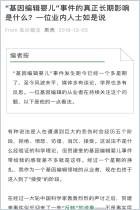
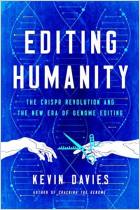
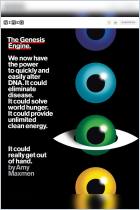
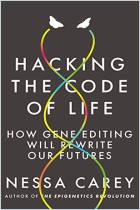
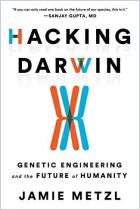
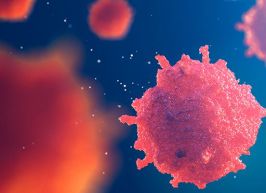
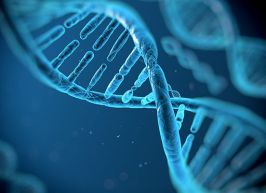

Comment on this summary or Diskussion beginnen